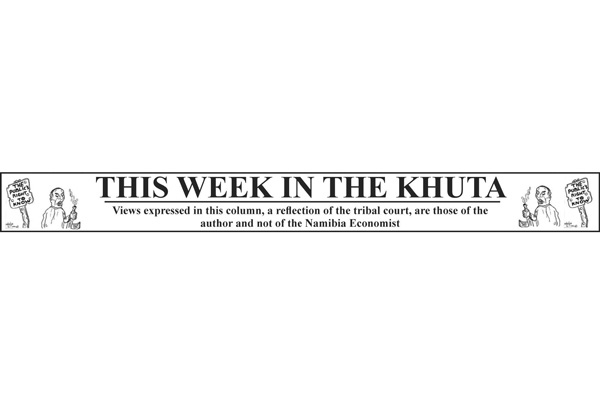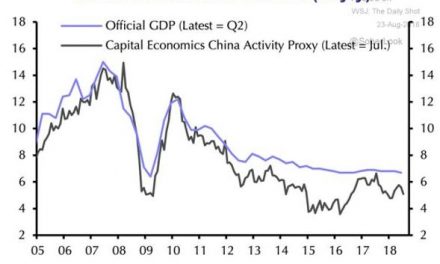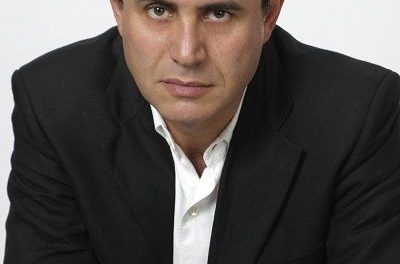
Creating a desert oasis


By Ogone Tlhage
[email protected]
This week, Rössing Uranium held its stake-holders engagement, providing an overview of its operations for its just concluded financial year. For the second year running, the miner posted a significant loss. N$300 million should not be seen as a drop in the ocean and I would like to believe the impact of this loss will hurt the coastal economy.
For as long as I have been tracking developments at neighbouring Langer Heinrich the case is no different as far as its fortunes are concerned. Further up north and we’re sitting with a dormant mine. I would like to shift the focus away from Husab, I think the Chinese have a good handle on things there, despite the uranium spot price which has been in the doldrums since 2011.
Now let’s combine a depressed uranium price and rising production costs and I would imagine that it cannot be easy running uranium mine. I shall not even begin to mention all the socio-political factors.
Be that as it may, I look at Rössing in awe. A little over a year ago and it announced plans for the construction of a desalination plant. I posted the issue on Facebook and it drew various conclusions, with one commentator suggesting that Rössing was and should remain a miner and leave the water business to the Water Corporation.
This commentator was right to make this suggestion but we should ask ourselves what Namwater has done to provide water to the residents of the coast, be it manufacturing, retail, mining and even you and me, the ordinary man.
Rössing CEO, Mr. Werner Duvenhage even told me that it was not necessary for Rössing to own and operate the plant and that Namwater could use the detailed engineering studies Rossing had paid for.
Now think about this; you probably have over 400,000 people spread across these four settlements, 3 uranium mines and a bustling manufacturing industry. And I have always been told by an engineering buddy that cheap water will be a fundamental requirement if we would like to move this country forward. Bear in mind, Rossing has stated that the water it procures from the existing Areva plant is costly. As the bigger operation in the Erongo Region, what happens if uranium prices remain depressed and operating costs keep raising.
This for a mining operation that is prepared to give away its envisaged desalination plant for free. Another question policy-makers or at least those at Namwater should ask is – what happens if Rössing a just one mining operation goes into care and maintenance for argument’s sake – what happens to all of those employees, the money suppliers generate through procurement and the income government generates through rates and taxes – food for thought, what happens if Namwater decides not to make use of a desalination plant that has been designed for the mining industry?, it would make you wonder.
I find it discomforting that the officials at the Water ministry and Namwater are dragging their feet on the desalination issue. Surely a lot of room for opportunity exists through the provision of services, the enabling of skills, and the boost a desalination plant can provide to a particular industry. Its quite sad, but…
I leave it there for you to consider.












































